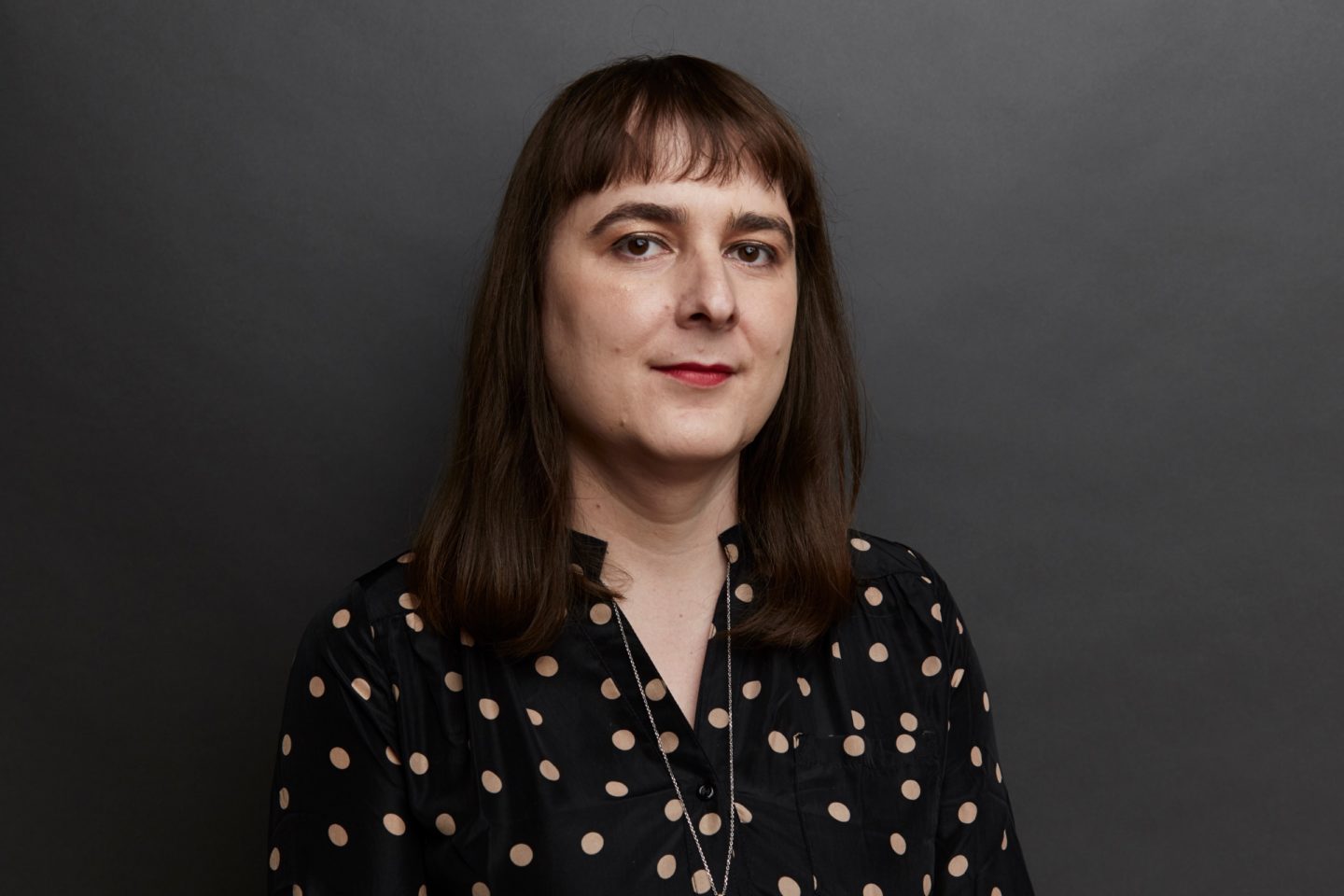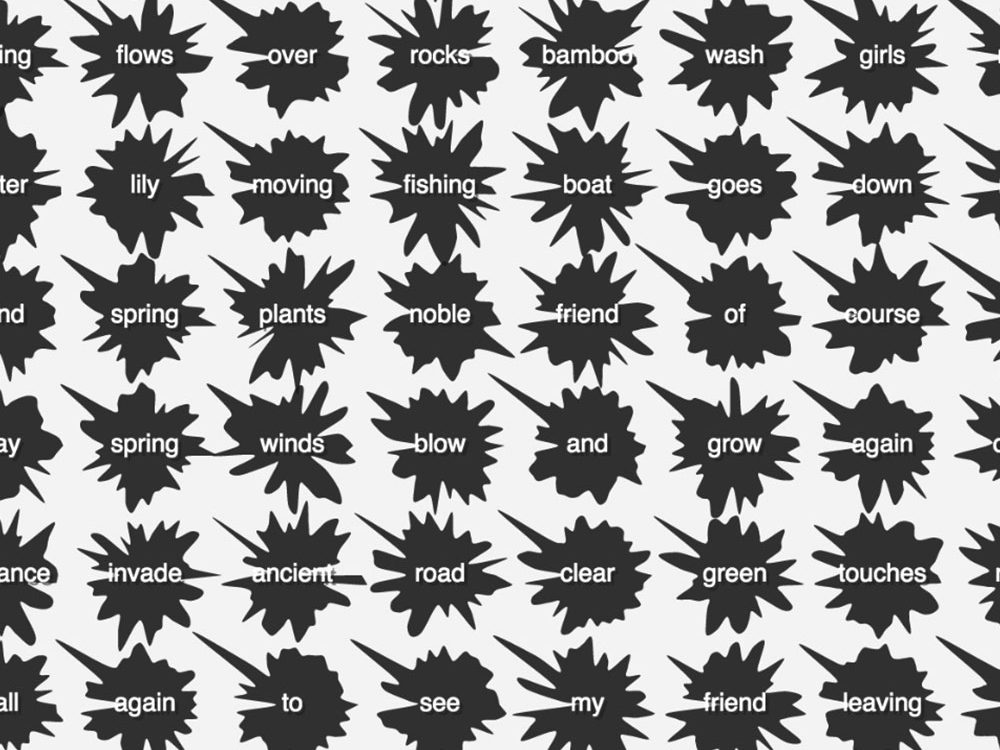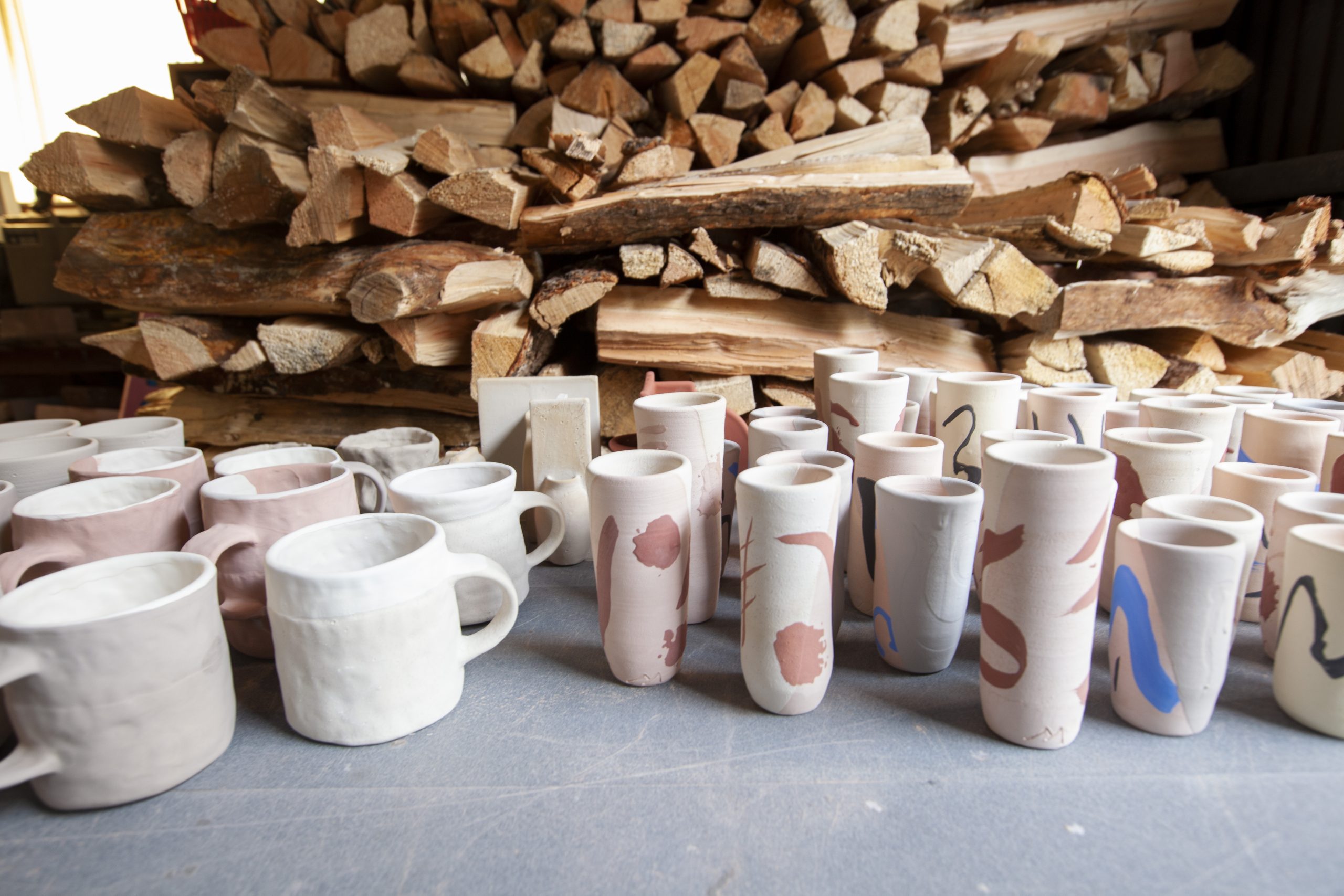Photography & New Media
Code: P02W02-21
-
I
Level I
Students are new to photography and new media and have no formal training in photography, video, multimedia or animation. Students have basic computer literacy.
-
II
Level II
Photography students have a basic understanding of photography principles and technology and are comfortable using an SLR camera in manual mode. New Media students have a basic understanding of video, multimedia or animation software. Students have basic computer skills and are comfortable using a Macintosh computer.
-
III
Level III
Photography students have some formal training and significant experience making, capturing and digitally processing images using Adobe Lightroom and/or Adobe Photoshop. New Media students have some formal training in conceptual and technological aspects of video, multimedia, coding or animation and are versed in the appropriate software applications. Students have a portfolio of their artwork.
-
Virtual Workshop
Virtual Workshop, learn from the comfort of your own home.
VIRTUAL WORKSHOP
Creative Writing with Computation and Machine Learning
Jan 11 - 22, 2021
Every Monday, Wednesday & Friday, 9AM-12PM MST
Concept
Computational tools and statistical analysis are often deployed as a method to “read” texts. But what about using these same techniques to write them? In this workshop, students use techniques from natural language processing to tear language at its digital seams and lovingly re-articulate it with computer programming—like postmodern Frankenstein-poets. Through a series of pre-written (but easily modifiable) programs, students are introduced to text analysis and language generation with the Python programming language. Techniques include: “big Dada” cut-ups, part-of-speech tagging and extraction, grammars and rules, word vectors, text generation with machine learning language models, and more.
This workshop meets via Zoom Video Conferencing software (download free from Zoom.com). An Anderson Ranch staff member co-teaches the class and coordinates the online platform. Further details will be emailed to registrants.
Media & Techniques
Students learn the basics of computational text analysis and computer-generated text through the lens of creative writing. Pre-written Python example code is provided to guide students through workshop exercises. The workshop leads up to a participant-produced zine and/or reading.
Faculty

Allison Parrish
Allison Parrish is a computer programmer, poet, educator and game designer. She is an Assistant Arts Professor at the New York University’s Interactive Telecommunications Program.

Join Waitlist for VIRTUAL WORKSHOP
Creative Writing with Computation and Machine Learning
Thank you for your interest in the waitlist. When space in a workshop or program becomes available, registration will open on the website. Everyone on the waitlist will be emailed to alert them of the opening. This ensures that everyone has an equal opportunity to register for the workshop or program.
Workshop Details

Scholarships, College Credit & Discounts
Making Art Accessible
Applications for scholarship support are encouraged. Specific scholarships are funded by Ranch supporters, either through endowed funds or special gifts.
Many colleges and universities offer college credit for workshops taken at Anderson Ranch. Discounts are available for students and teachers.
You Might Also Be Interested In

-
O
Open to All
Students of any skill and knowledge level.
Jan 6 - 17, 2025
9AM - 5PM
Painting and Photography: An Archaeological Approach to Text and Image
Kate Leonard
Tuition $2,150
Code JANSTU2025P
Two art forms collide in this fascinating look at the intersection of photography and painting. Join us for an engaging exploration of the artistic synthesis between these two distinct art forms. Discover new transfer techniques that integrate photographic images and text directly onto painted surfaces. Using traditional collage and photomontage, master new methods that allow for opaque and translucent layers. Reductive methods such as sanding and scraping reveal the history of earlier photographic layers and suggest an archaeological approach to image development. We begin each morning with a technical demonstration illustrated with visual examples from contemporary art. A range of integrated photographic painting approaches will be introduced on paper, canvas and panels in acrylic. By midweek, our investigations continue to larger artworks tailored to each student.

Jan 20 - 24, 2025
Monday-Friday, 9AM-5PM
January Studio Session: Photography & New Media
Esther Macy Nooner
Tuition $1,110
Code ZSP0101-25
Anderson Ranch’s January Studio Sessions provide artists the opportunity to work on independent projects while receiving mentoring and critique sessions with Anderson Ranch artistic staff. Each participant receives an assigned studio space, orientation, and access to equipment, as well as some morning group demonstrations and / or critiques. This program affords artists the experience enjoyed by national and international artists who access our state-of-the-art studios. Participants may expand their practices, take artistic risks, try new media or complete works for exhibition. IMPORTANT DETAILS: Students will be responsible for all material costs associated with their projects. Private dorm rooms are available at Anderson Ranch for an additional fee; click here to view January 2025 lodging options. TO APPLY: Applicants must submit project proposals or portfolios for approval. Contact Esther Nooner with questions and to apply: [email protected]

-
O
Open to All
Students of any skill and knowledge level.
Jun 2 - 6, 2025
9AM-5PM
Photographic Collage: An Exploration of Photography and Painting
Kate Leonard
Tuition $1,430
Code P0103-25
Join an engaging exploration of the synthesis between two distinct art forms: photography and painting. Students discover transfer techniques that integrate photographic images and text directly onto painted surfaces, resulting in intriguingly layered works. Participants explore traditional collage and photomontage, and master new methods that allow for opaque and translucent layers. Reductive methods, such as sanding and scraping, reveal the history of earlier photographic layers and suggest an archaeological approach to image development. The workshop emphasizes experimentation and exploratory approaches. Students produce a portfolio of physical examples of all techniques.


